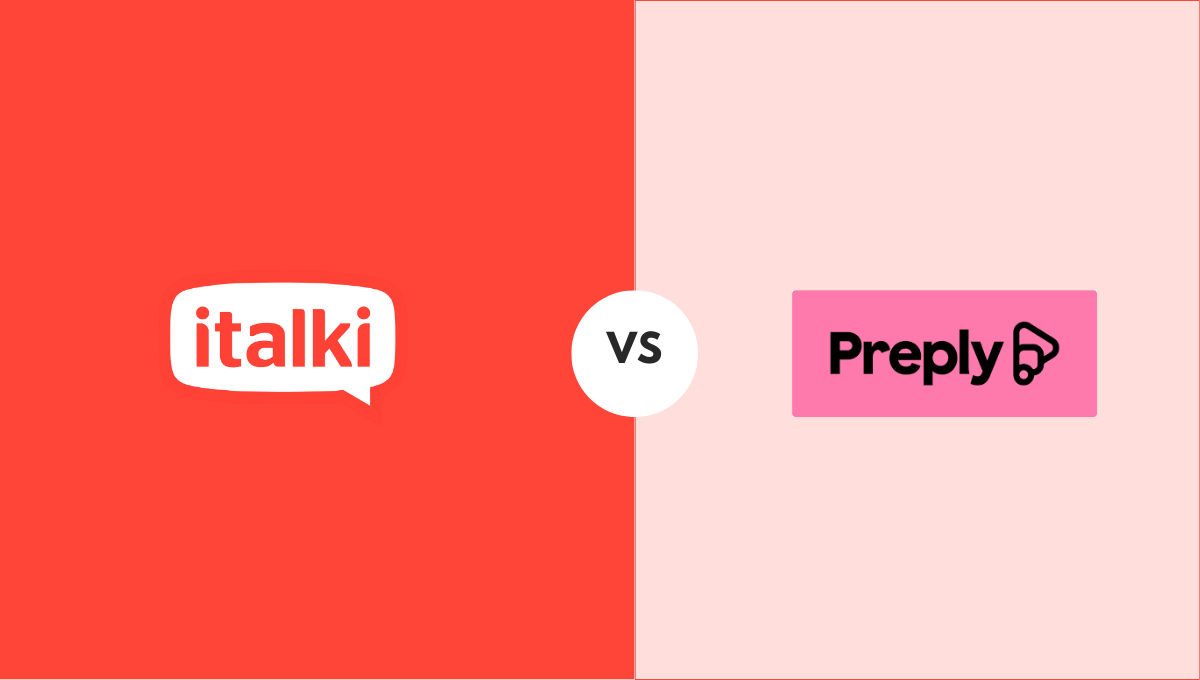Do you want your emails to sound professional? If so, this guide is for you. In this guide, you will find the best way to learn German and write emails in a more professional tone. You will also be guided about the politeness required to write professional emails in German.
Emails are an essential part of the corporate world. In the work setting, we all are required to write emails quite often. When you are in the process of learning German, it would be difficult for you to analyze whether your emails meet the level of politeness required or not.
With this guide, you will learn how to write emails in German and how to maintain politeness to a standard level. Below, we will share with you some of the best tips that you can use to write emails to your contact lists within no time.
There are five main elements that every email must have. All these five elements are equally important and missing out on any one of them will compromise the quality of the email. Most people think that emails are not required and there is a massive development in the world, several mediums have developed to convey information but the important point to remember is, that Germans still rely on emails. They still use emails in the matter of official business.
Emails are here to stay and they are still important and relevant to transferring business-related information from one person to another.
The opening
The opening section of a formal email and an informal email is a bit different. We will look at them one by one.
For formal emails
In the German language, formal emails always start in a formal manner i.e. with Sehr geehrte. Sehr geehrte means very dear or most honored and so and so. It is very important to use the correct case ending with Sehr geehrte, as it is an adjective.
For example, if you are starting your email with ladies and gentlemen, you can write Sehr geehrte Damen und Herren but if you are writing an email to a specific person such as Havren, you will write Sehr geehrte Havren.
For an informal email
If you are writing an email outside your business setting, you can add the word, dear. To write dear, you use the word Liebe in German. For this one as well, it is very important to make the right ending. You will write Liebe for a woman and Lieber for a man.
For informal emails, you can use Hallo! (Hello) which is the same as starting your email with hi in English.
As mentioned earlier, the biggest mistake that you can make in the opening section is the use of the wrong adjective. You need to be very clear about the adjective endings. Just be sure you make the right ending.
There can be nothing worse than writing an email to your boss using the wrong adjective. It will spoil your reputation. Just be sure to whom you are writing an email and use the adjective accordingly. You cannot use the word dear (Liebe) in formal business settings.
The body
The body structure of an email also varies in formal and informal emails. They are written differently.
For formal email
It is very important to keep the body of the email formal if you are writing in a formal setting. Most of the time, we do not remember to keep the body formal and that is where the problem arises.
It is very important to keep the proper impression. Germans are very concerned with politeness and good manners. They believe in good etiquette. Americans consider it old-fashion but Germans consider it an important part of their culture and day-to-day communication.
While writing emails in German, it is very important to avoid slang language. Keep your message brief and to the point. Make sure your pronunciation, vocabulary, and sentence formation are correct. You need to be very careful about keeping your email body formal.
For an informal email
You have a great degree of liberty while writing an email to your friend. If you are writing an email to your friend you can use slang, emoticons, and other informal patterns. You can structure the email in whatever way you want, but do not be rude or arrogant in your approach.
Here is a major difference between English and German emails i.e. in German emails you do not capitalize the first sentence after the greeting. So if in English you write,
Dear Mrs. Hailey,
I’m writing…
In German, you would write:
Sehr geehrte Frau Hailey,
ich schreibe…
Capitalizing the first word will make you different from the native speakers and mark you as non-native. You can learn other major writing differences between German and English by learning German in detail. You can learn German online to make sure you write emails and other official letters in a more professional manner.
Want to learn a language at italki?
Here are the best resources for you!
The closing
The closing part is different from formal and informal email writing. For formal emails, the closing is kept very professional and composed while for informal emails this approach gets a bit friendly and easy-going.
For formal emails
Mit freundlichen Grüßen (yours sincerely) and Mit freundlichem Gruß (regards), are both acceptable in writing formal emails in German. For the closing part, it is important to pay attention to the ending. Just make sure you end it in a professional as well as in a polite way.
For informal emails
While writing an email to your friends or family, you can just sign the email with Viele Grüße or Liebe Grüße (both meaning “pleasant regards,” basically), but if you want to get really informal, you can sign off with VG or LG.
But using this short form is recommended to those friends only whom you have written to a few times already. It is not recommended if you are emailing for the first time even if you are emailing your friend.
One biggest mistakes that you can make at the end of the email is the use of commas. Germans do not use comma at the end.
In English, you will write
Best wishes,
Kat
While in German you will write
VG
Kat
The vocabulary
For formal email
If you want to write a formal business email, you need to enrich your vocabulary. Some of the major business vocabularies include:
- Bcc—Empfänger hinzufügen (Bcc—add recipient)
- Cc—Empfänger hinzufügen (Cc—add recipient)
- Dateien anhängen (Attach files)
- Betreff (Subject line)
- Some other useful business vocabularies include:
- Es tut mir leid, dass… (I’m sorry that…)
- Ich möchte mich bedanken (I would like to thank…)
- Sich freuen über… (To be happy about)
For informal email
For the informal emails, you do not need much vocabulary. But if you want to invite someone somewhere you can use the following phrases:
Wie geht’s? (How’s it going?)
einladen zu (invite to)
You can use the phrases for both formal and informal emails but just be sure to counter-check your vocabulary before sending the email. Make sure the vocabulary you use makes sense.
The Grammar
For formal email
The grammar of your email will either use Sie or du, and with a formal email, you will most probably use Sie. That means all verbs should be conjugated with Sie and any imperatives should be written in Sie form.
There are specific German verb conjugation rules that need to be considered while writing any writing piece in the German language. These rules help you to write error-free writing pieces with proper structure and formation.
For an informal email
For an informal email, you should use du. And a lot of people who work at tech start-ups or other ultramodern institutions are more likely to say du. No matter what you use, just be sure about whom you are writing to and what is your goal.
Conclusion
If you want to learn German, you can seek help from an online German tutor. These tutors will help you learn the right use of grammar, punctuation, and conjugations. They will also train you how to write emails in German.

Find Your Perfect Teacher
At italki, you can find your German tutor from all qualified and experienced teachers. Now experience the excellent language learning journey!
Book a trial lesson
Every language has its own patterns and styles to write an email. It is essential for you to learn German email styles if you want to write like a native speaker. You just need to be sure to whom you are writing an email, what the purpose of your email and how you can maintain the politeness required to convey your message effectively.










